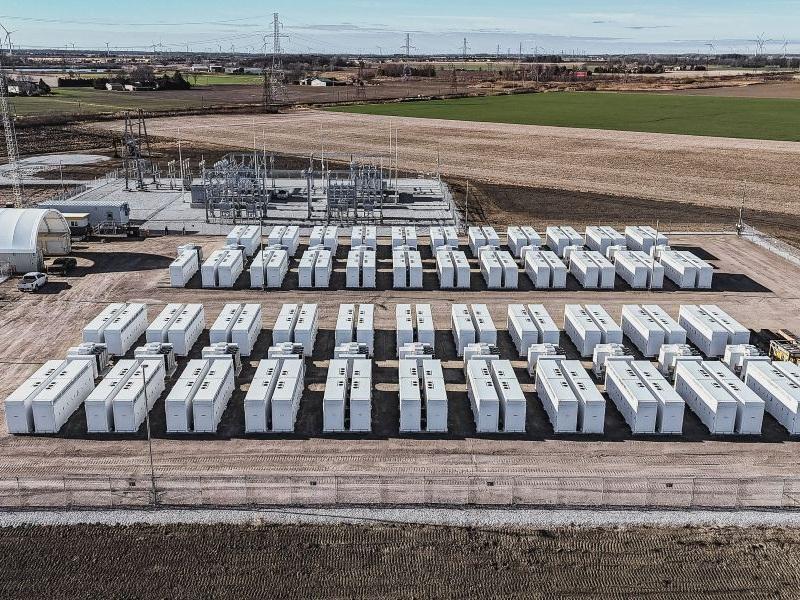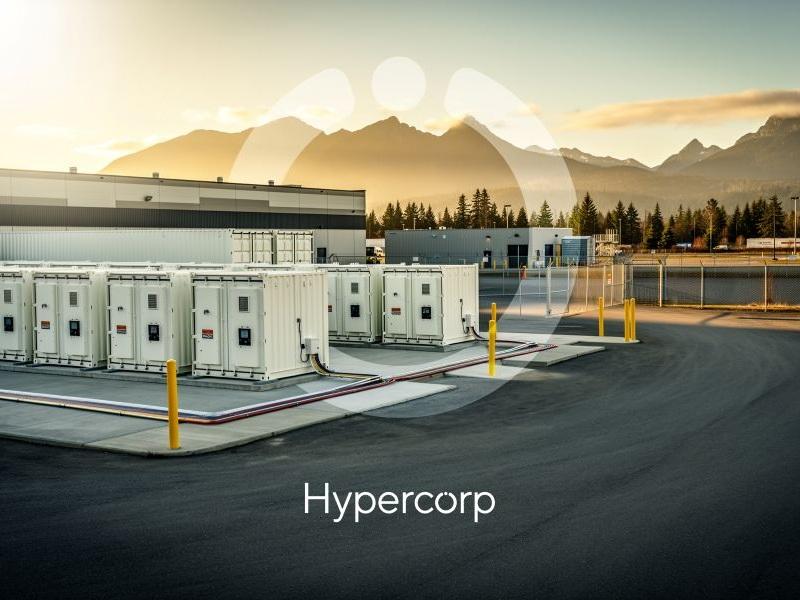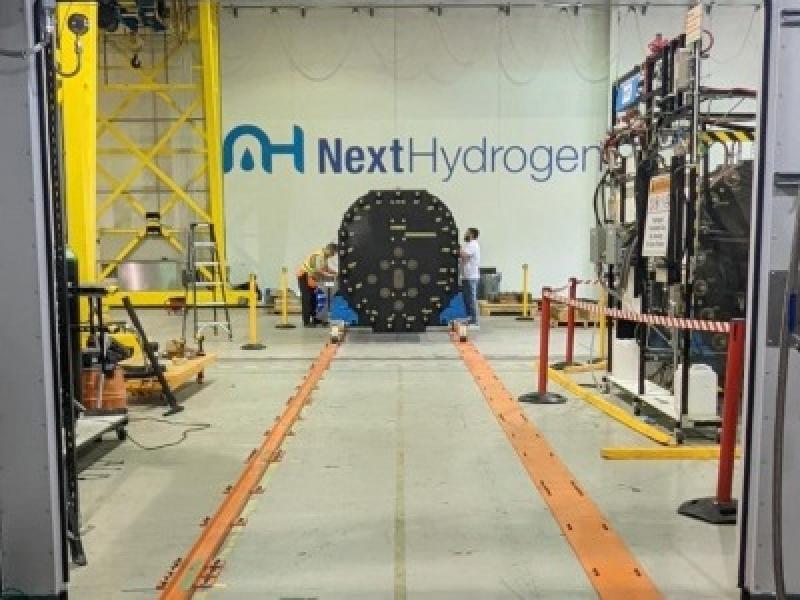
Li-Metal Corp. (LIM-CN) intends to voluntarily delist from the Canadian Securities Exchange (CSE), citing “prolonged weak market conditions” and a low share price.
"After careful consideration and in light of the current challenging market conditions, we have made the strategic decision to initiate the delisting process. The recent market price of our common shares does not accurately reflect their true value," Keshav Kochhar, Li-Metal’s new CEO, said in the announcement.
The decision will save Li-Metal costs from listing on the CSE, the company said in the release. It enables Li-Metal to “eliminate” market constraints to focus on its long-term strategic goals, the company added.
Li-Metal’s stock was listed on the CSE starting November 1, 2021. Shares were down over 40 per cent on Wednesday, trading around $0.04 following the announcement that Li-Metal intends to delist from the CSE.
Li-Metal shares peaked at $3.35 on Nov. 15, 2021.
Toronto-based lithium metal anode and battery technology developer Li-Metal has made significant changes to its leadership and organization over the past few months. Former CEO Srini Godavarthy resigned in July (with Kochhar taking over). A month later, Li-Metal sold its lithium metal business to Arcadium Lithium plc for $11 million US.
“Our commitment to delivering value to our shareholders remains steadfast, and we are confident that this decision will better position us to achieve our objectives and drive future success,” Kochhar said in Tuesday's delisting announcement.
Li-Metal’s delisting
Li-Metal notes the conditions for the delisting are CSE approval and the assent of a majority of disinterested shareholders. If gaining sufficient shareholder approval is unsuccessful, the company intends to seek consent at a shareholder meeting.
Delisting will take place no earlier than 20 trading days from the date Li-Metal gains shareholder and CSE approval.
Though it is unclear what the specific market conditions are that led to the delisting, lithium prices have fallen this year and electric vehicle (EV) sales have slowed - all industries that affect Li-Metal.
About Li-Metal
Li-Metal’s anode manufacturing technology enables the mass production of battery anodes using ultra-thin lithium foil using lithium carbonate. It offers cost effectiveness and the ability to fit more cells in an EV battery, the company claims.
Central to Li-Metal was its carbonate-to-lithium process described as a more environmental way of producing lithium metal by eliminating chlorine gas.
It had a concept study for a lithium metal facility the company touted as the world’s first commercial carbonate-to-metal production site. Planned to produce 1,000 tonnes of lithium metal per year at full capacity, it would use a molten salt bath to convert lithium carbonate into lithium metal, instead of chlorine gas.
The facility was also designed to produce low amounts of greenhouse gas emissions.
But the infrastructure and intellectual property behind its lithium metals business was sold to improve its finances and generate capital for its lithium metal anode business.










